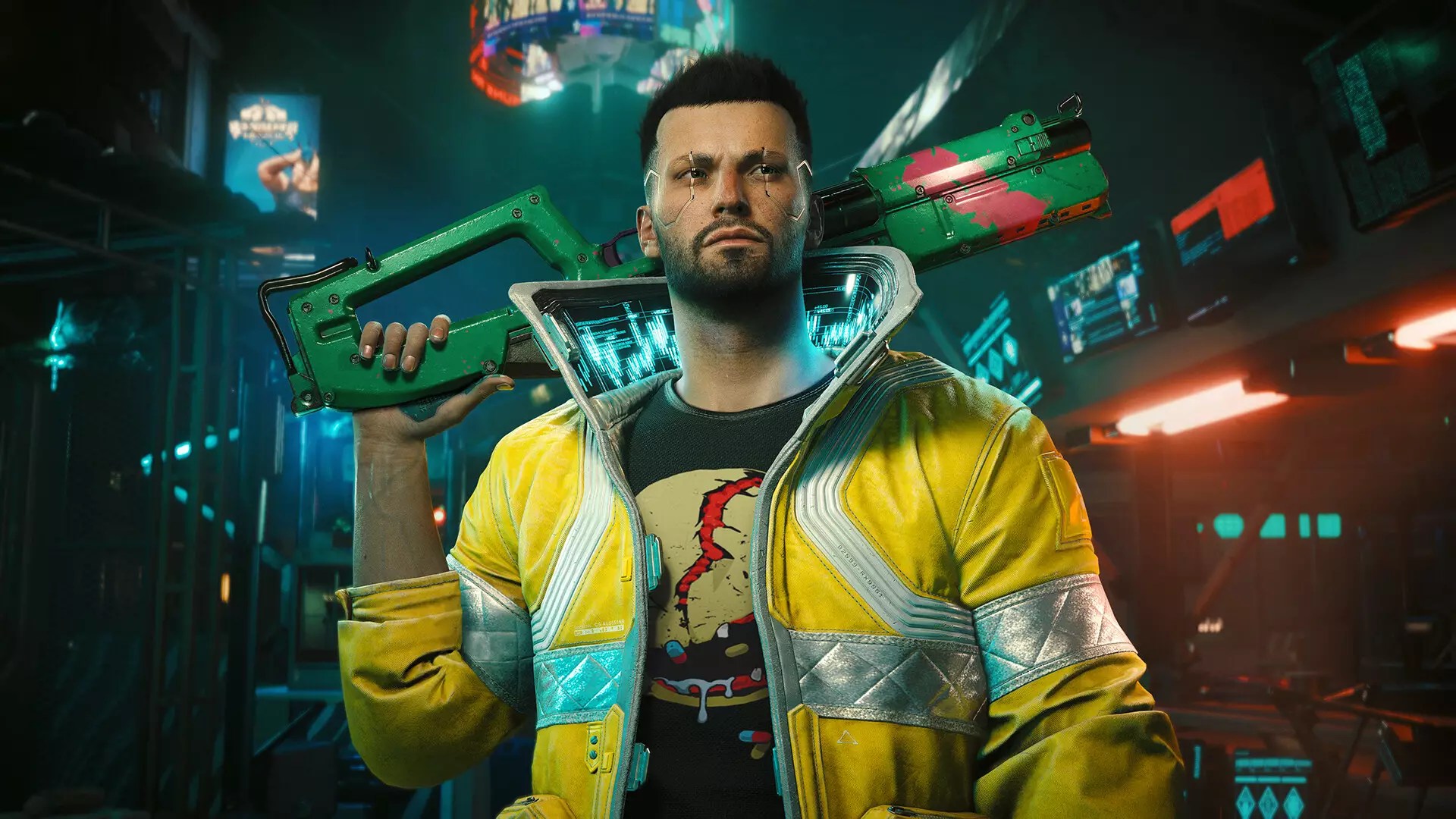The recent release of Cyberpunk 2077’s Patch 2.3 serves as a poignant reminder that quality always trumps speed in game development. While players often demand rapid updates and timely releases, the reality behind creating complex, expansive worlds is vastly more intricate than what meets the eye. Behind the delayed patch lies a nuanced process, reflecting the enormous technical and creative challenges developers face. These setbacks aren’t indicative of incompetence but rather an acknowledgment that rushing can compromise the integrity of a project. By taking more time, CD Projekt Red demonstrates a commendable dedication to delivering a polished product, aligning with the modern industry’s shift toward quality assurance rather than hurried releases.
The Significance of Community Trust and Expectations
One of the standout elements of CD Projekt Red’s approach is their transparent communication with the community. The studio’s acknowledgment of delays, paired with sincere messages from figures like Paweł Sasko, showcases a level of humility and respect for their audience. Fans, having experienced the chaos of cyberpunk’s initial launch—marked by bugs, missing features, and performance issues—are now more understanding of development timelines. The community’s patience is an implicit endorsement of trust; they prefer to wait for a well-crafted update rather than settle for rushed, unstable content. This patience isn’t passive—it’s a strategic choice rooted in the understanding that sustainable development fosters long-term loyalty, even if it demands juggling expectations and accepting setbacks.
The Industry’s Growing Pains and the Price of Innovation
The delayed Patch 2.3 is also emblematic of broader industry trends. The gaming landscape is expanding at an unprecedented rate, with technological advances pushing the limits of what’s possible. As developers strive for realism, detailed worlds, and immersive gameplay, production times naturally extend. Furthermore, ambitious projects like The Elder Scrolls 6 face similar uncertainties, highlighting a collective industry challenge: balancing innovation with feasibility. The temptation to announce projects early to capitalize on hype often leads to overpromises and subsequent disappointment. CD Projekt Red’s recent missteps and subsequent cautious approach signal a learning curve. Their silence during delays reflects an awareness that rushing dilutes the quality of the final product, just as it does the studio’s reputation.
Lessons Learned and Future Outlook
What makes CD Projekt Red’s current stance particularly interesting is its apparent evolution. Their emphasis on patience—a virtue often neglected in corporate culture—portrays a company that has learned from its previous missteps. The community’s reception to these delays has been surprisingly mature, reinforcing that players value transparency and genuine quality over rapid, unpolished releases. Looking ahead, the promise of the Cyberpunk sequel being crafted gradually and carefully suggests a healthier development cycle for the studio. While it may seem like a long wait until 2077, the journey involves building a game worthy of the franchise’s legacy—something that cannot be rushed. In a broader sense, this approach might inspire other studios to prioritize craftsmanship over haste, fostering a gaming industry more focused on meaningful experiences than fleeting hype.


Leave a Reply